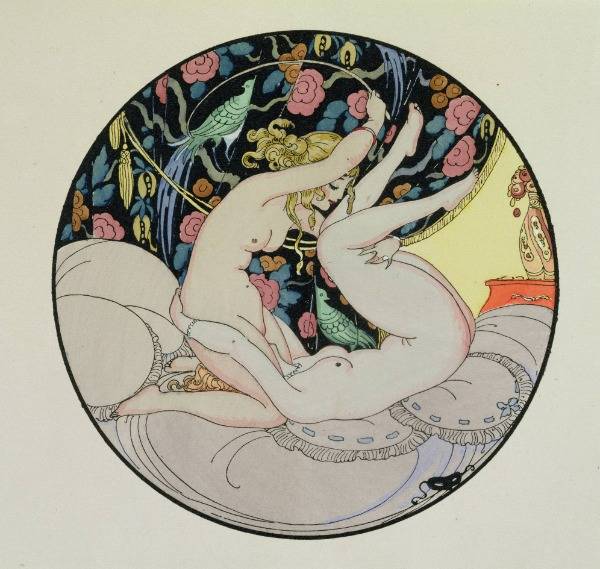We all have places we feel at home; for Viktor Zolotaryov, the protagonist of Penguin Lost, home no longer counts among them: "He stared for a while at Old Tonya's window, recalling his childhood. It was now he felt the lack of roots, or simply of threads linking his today with his past. It was like being torn from life by one's very flesh, existing in some virtual, nonreal world." Those who are fortunate to have encountered Viktor before in Kurkov's remarkable Death and the Penguin will know that one of the few comforting links with his past was the penguin Misha, who he adopted from a cashstarved Kiev zoo. Misha is one of the great creations of contemporary literature. His heart weak, he peered sadly from behind the settee watching Viktor toiling at his dayjob, writing obituaries for Capital News. The novel's conceit was that none of Viktor's subjects was actually deceased, although death inevitably followed shortly after he had filed his copy. Published in 1996, Death and the Penguin was a sly satire on the mafiacontrolled world of postSoviet Ukraine. Events, however, caught up when, in November 2000, opposition journalist Georgy Gongadze was found beheaded just outside Kiev. A clandestinely recorded audiotape appeared to show President Leonid Kuchma ordering aides to "deal with" Gongadze, who had been investigating highlevel government corruption.
At the time of the UK publication in 2001, Kurkov suggested that he had chosen the depressed penguin as a symbol of postSoviet chaos because "the penguin is a collective animal who is at a loss when he is alone. In the Antarctic, the huge groups and all their movements are programmed in their brains so that they follow one another. When you take one away from the others he is lost."
To say more about Death and the Penguin would spoil it. Suffice to say that, returning to Kiev for the sequel, the environment for Viktor and his fellow countrymen is equally challenging. Misha is gone, possibly in payment of a mafia debt, to a zoo in Chechnya, and Viktor is intent on bringing him home. The story of Viktor's search for his beloved penguin, although providing more than enough narrative interest, affords Kurkov another opportunity to paint a portrait of a world in which one has to adapt to survive: the prostitute Viktor sleeps with turns her tricks in the kindergarten where she works during the day; homeless boys at the gates of the cemetery earn their living hawking flowers stolen from the graves; a feast comprises "three bowls of boiled potatoes, dried meat bars and a halflitre jar of plum puree."
People are routinely murdered, but in modernday Ukraine that's life. Kurkov offers no censure, indeed makes little differentiation between the goodies and the baddies. The great symbol of this is the private Chechen crematorium at which Viktor finds employment. Here, in the dead of night, bodies are as readily accepted from 'the Feds' as from the Chechens themselves; the gold teeth and jewellery left among the ashes in the oven pan melded into one huge ingot. Corruption is the only way to survive; some simply indulge in it on a grander scale. The major peril is to reach the top of the pile and become visible. From there, death is inevitable. It is, as one character suggests, "life with a cheerful touch of mystery". And if the truth remains tantalisingly out of reach, this is all for the best. Viktor's newspaper chief advises him: "The full story's what you get only if and when your work, and with it your existence, are no longer required." Shortly afterwards, he is murdered.
Read Death and the Penguin first, and then Penguin Lost. Neither will disappoint, although you might be surprised by how easily the fate of a penguin provokes your tears.
Penguin Lost is available from Amazon (UK)

